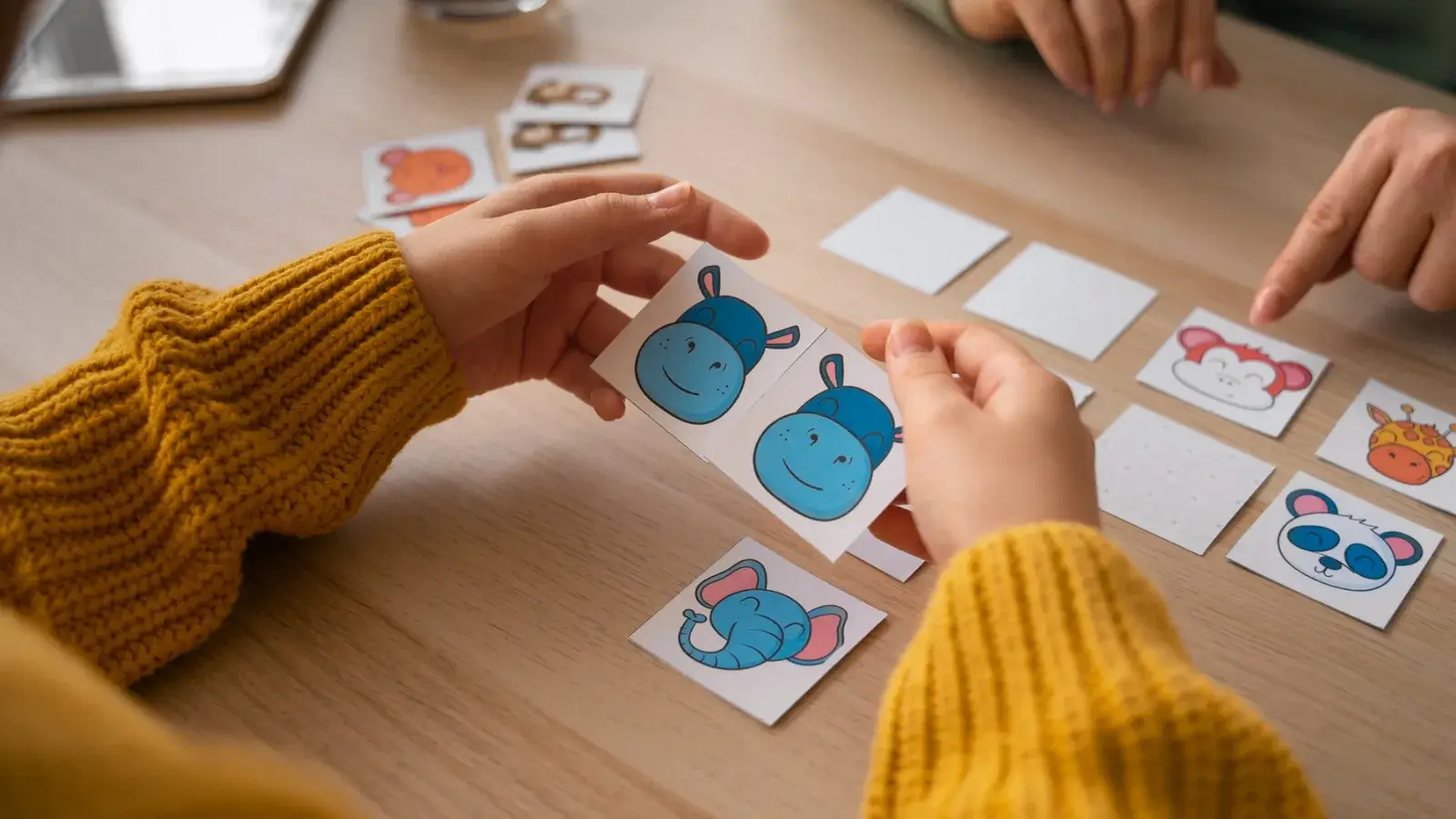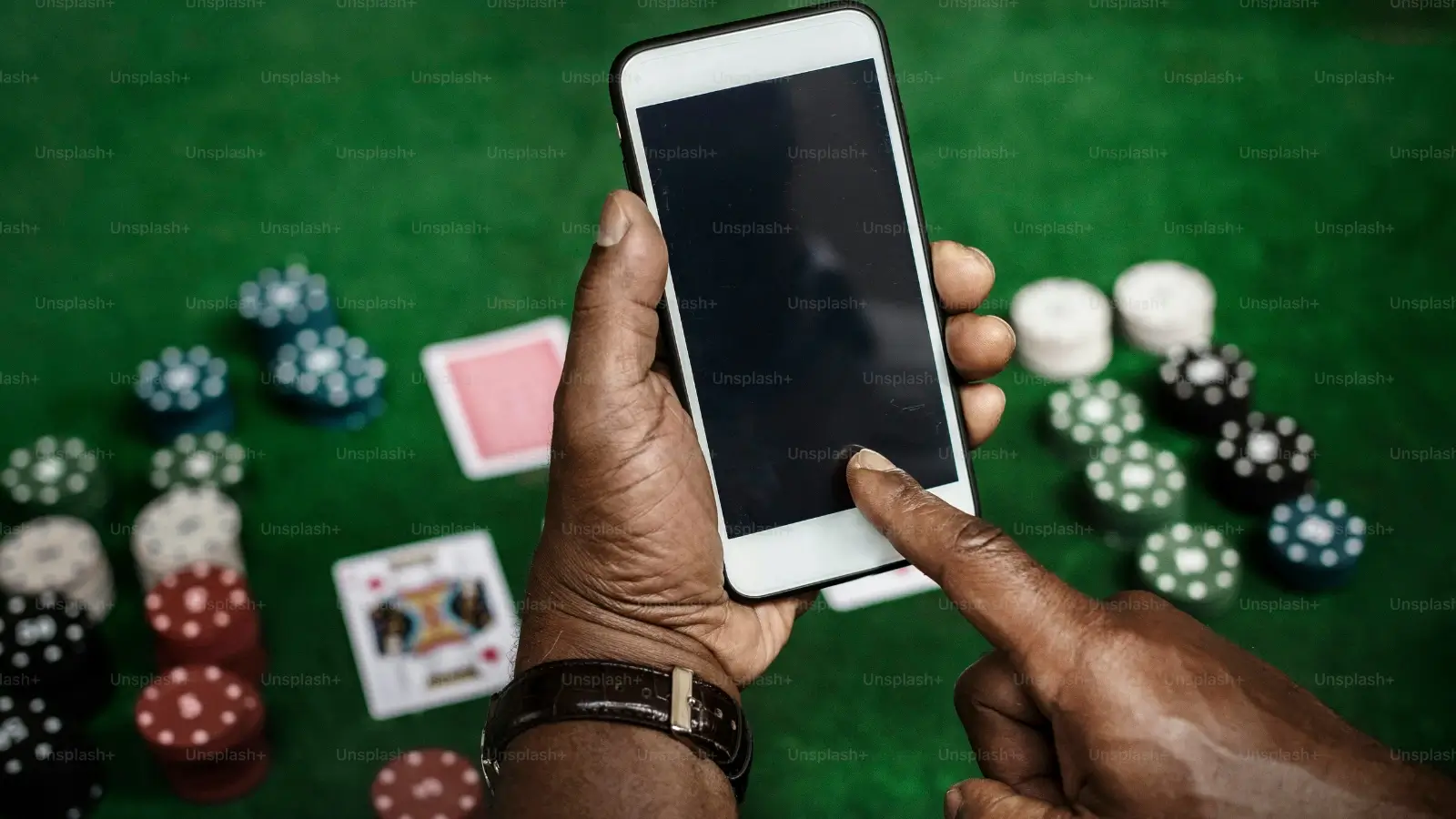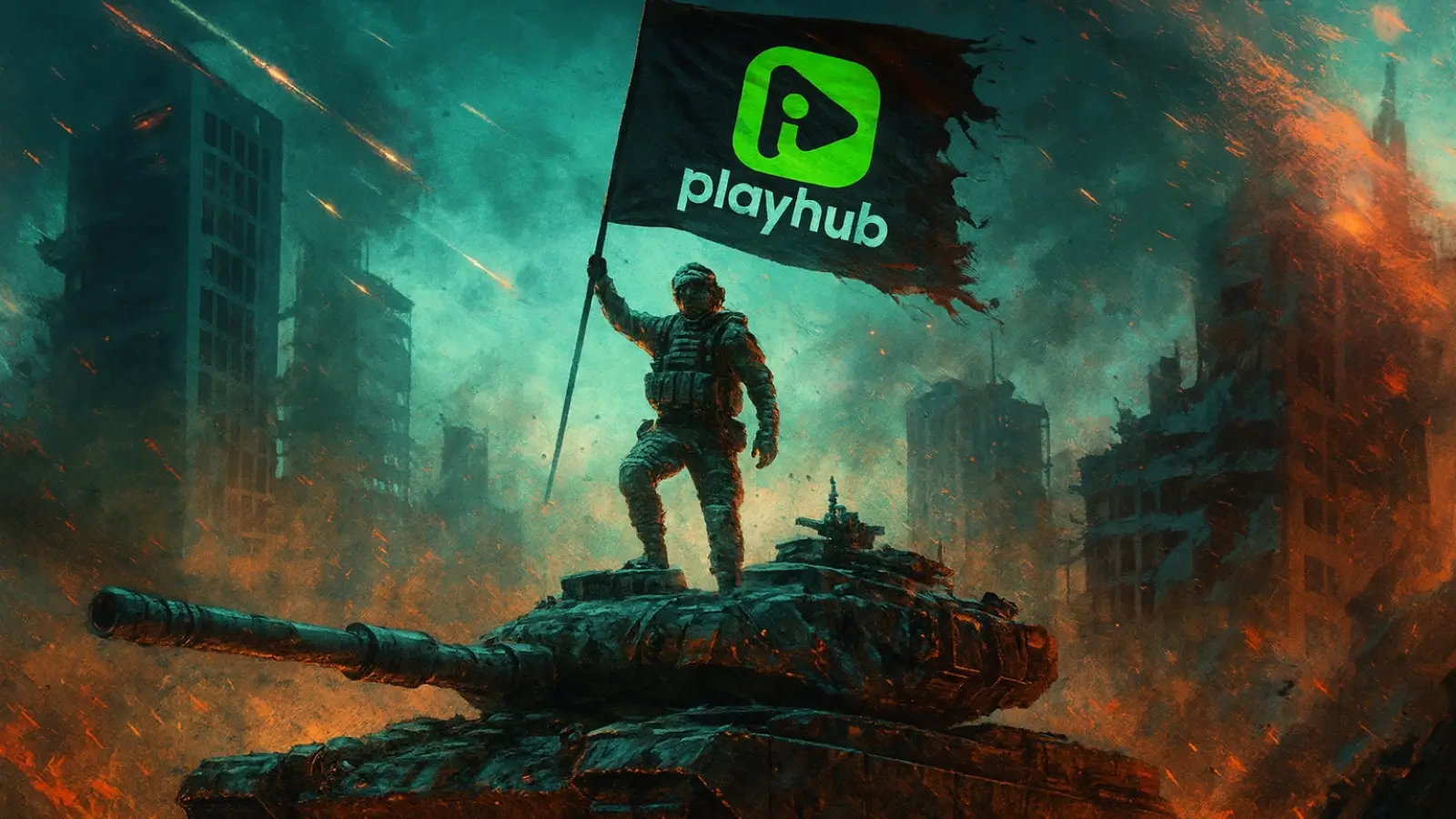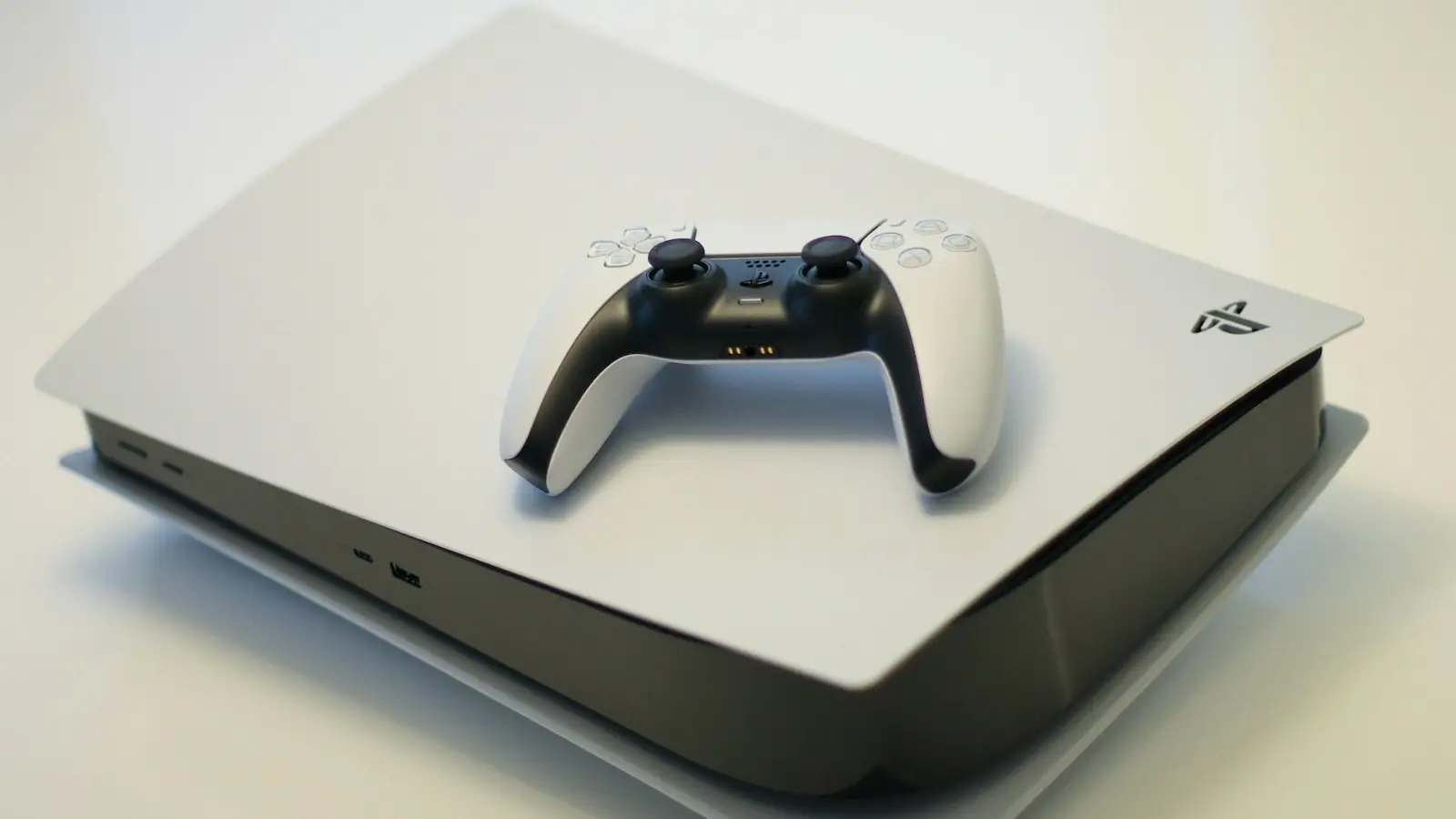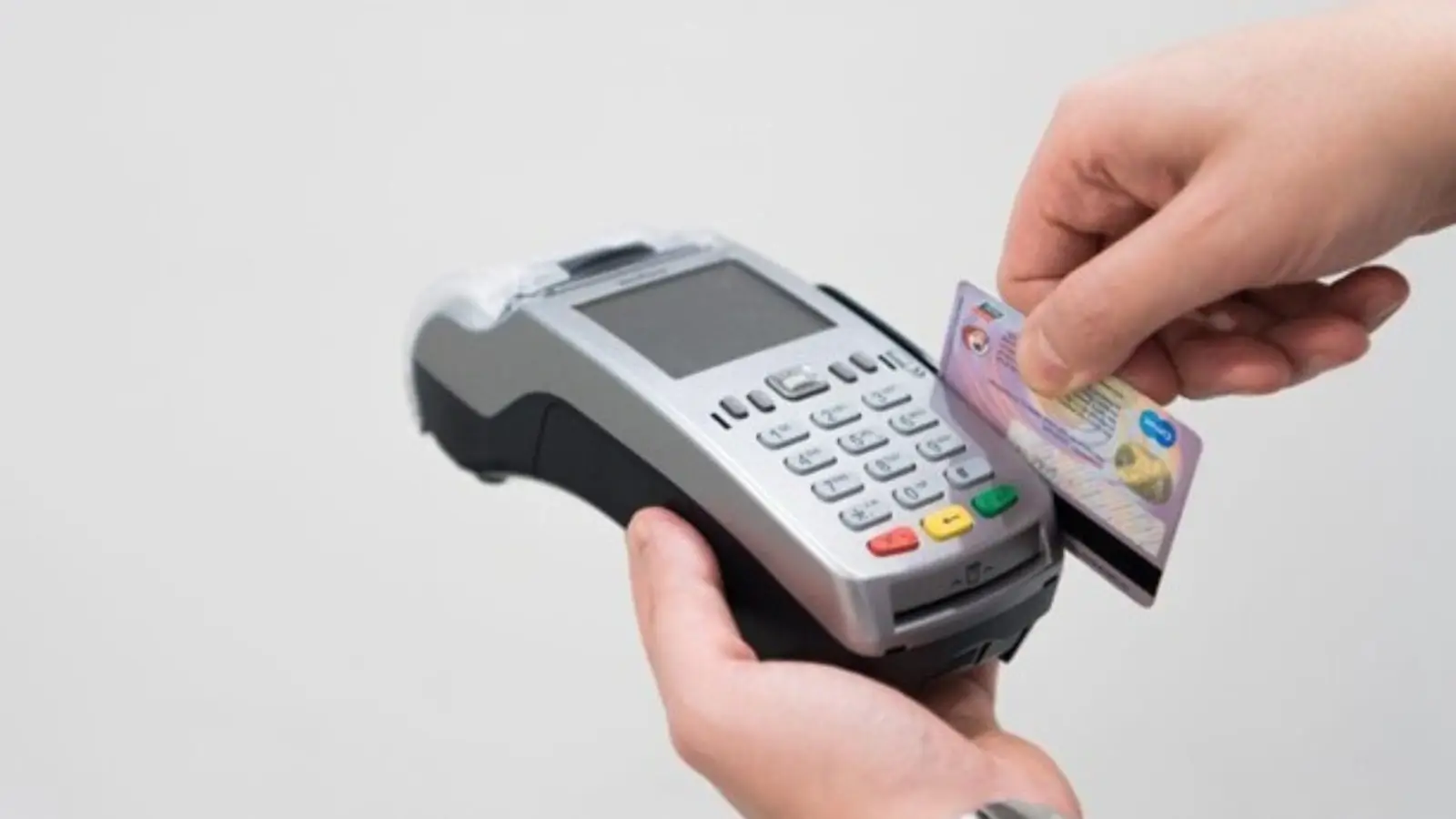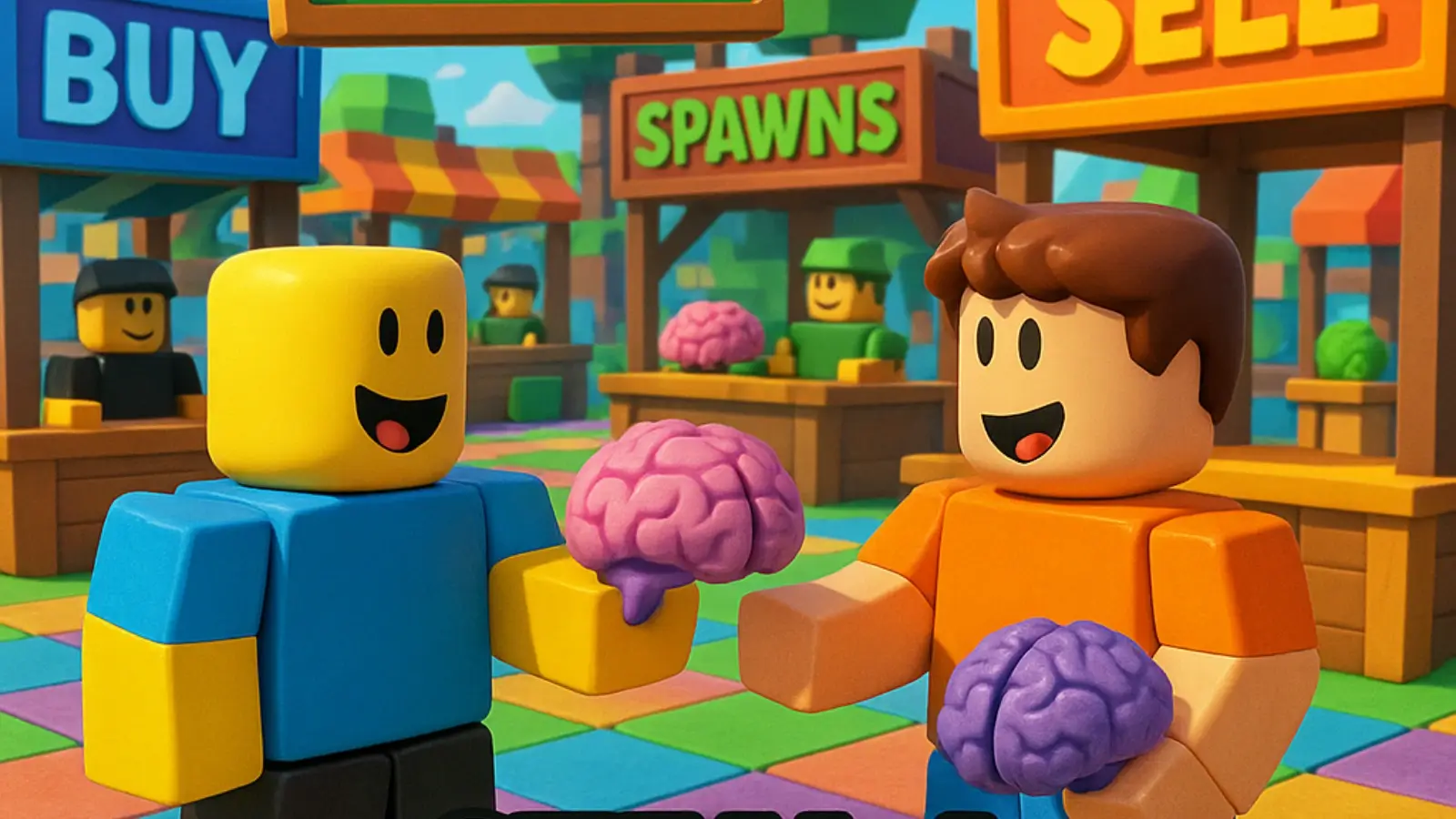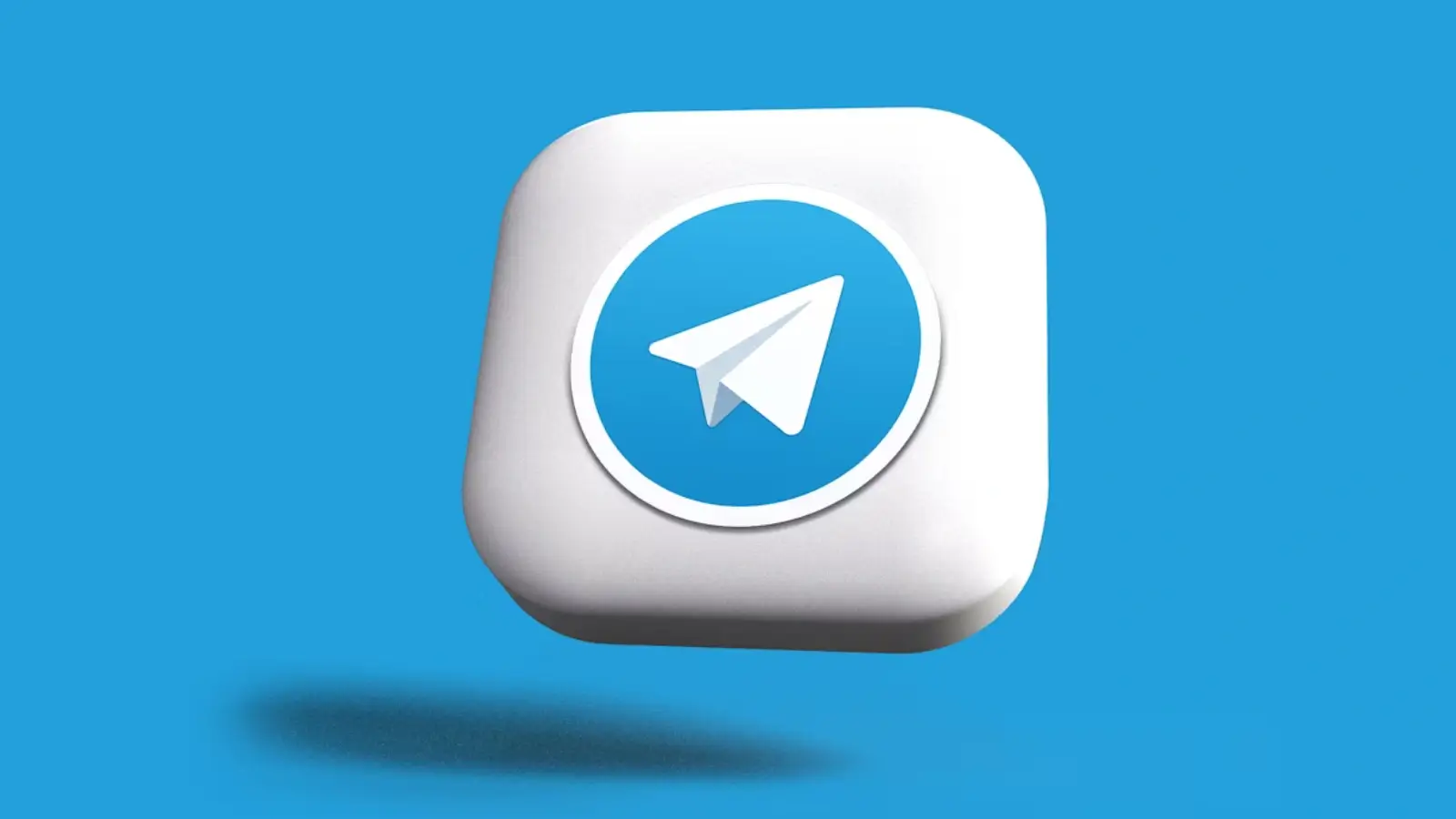Boost Your Learning with Flashcards
Studying effectively is about more than just reading books and taking notes—it’s about engaging your brain in active learning. Flashcards are one of the most efficient tools to boost memory, improve retention, and make studying more interactive. Whether you’re preparing for exams, learning a new language, or trying to master complex topics, flashcards can help you study smarter, not harder.
This article explores why flashcards are a powerful study companion, how to use them effectively, and the best strategies to maximize learning.
Why Flashcards Are an Essential Learning Tool
Flashcards are more than just simple pieces of paper with information on them. They utilize scientific learning techniques that enhance knowledge retention.
1. Active Recall Strengthens Memory
Flashcards force you to actively recall information instead of passively reviewing material. This strengthens neural connections and makes it easier to retrieve facts when needed.
2. Spaced Repetition Enhances Long-Term Retention
Spaced repetition is a scientifically proven technique that involves reviewing information at increasing intervals. Regular exposure at the right time prevents forgetting and reinforces learning.
3. Self-Testing Identifies Knowledge Gaps
Testing yourself with flashcards highlights areas where you need improvement. This helps you focus on weak points and track progress effectively.
4. Portable and Flexible Learning Tool
Flashcards allow you to study anywhere and anytime. Whether at home, during a commute, or in between activities, they provide quick and effective learning sessions.
How to Use Flashcards for Maximum Learning
Flashcards are only as effective as the way they are used. Here are the best strategies for getting the most out of them.
1. Keep Flashcards Simple and Concise
Each flashcard should focus on a single concept, question, or fact. Avoid overloading them with too much information.
Example:
- Ineffective: Listing multiple definitions on one card.
- Effective: "What is the process by which plants convert sunlight into energy?" – Photosynthesis.
2. Use Visual Aids and Mnemonics
Adding images, colors, or mnemonic devices can enhance memory recall. For example, using symbols for mathematical formulas or pictures for language learning improves understanding.
3. Format Cards as Questions
Instead of writing down facts, phrase them as questions to encourage active recall.
Example:
- Instead of: "The capital of Spain is Madrid."
- Use: "What is the capital of Spain?"
4. Shuffle Cards to Prevent Order-Based Memorization
Avoid studying flashcards in the same order each time. Shuffling helps ensure you’re truly learning concepts rather than memorizing sequences.
5. Focus on Difficult Flashcards More Frequently
Spend more time reviewing the cards you struggle with. Repeating difficult cards more often will reinforce learning.
Digital vs. Physical Flashcards: Which One Works Best?
Both digital and physical flashcards have their advantages. The choice depends on learning preferences and study habits.
Physical Flashcards
- Ideal for hands-on learners.
- No screen distractions.
- Helps with handwriting retention.
Digital Flashcards
- Accessible on mobile and desktop devices.
- Uses spaced repetition algorithms for optimized learning.
- Can include multimedia elements like audio, images, and animations.
For those looking for an advanced digital flashcard experience, Anki Download provides a feature-rich platform with smart learning tools.
Advanced Flashcard Strategies to Supercharge Learning
To take your learning to the next level, use these expert strategies.
1. The Leitner System
This method categorizes flashcards into groups based on difficulty. The harder the card, the more frequently it appears in study sessions. This ensures difficult concepts are reinforced while easier ones are reviewed less often.
2. The Feynman Technique
Explaining a flashcard concept in your own words helps reinforce understanding. If you can teach the concept simply, you truly grasp it.
3. Combine Flashcards with Other Study Methods
Flashcards work best when paired with additional strategies such as:
- Mind Mapping – Connecting related ideas visually.
- Practice Testing – Taking quizzes using flashcard content.
- Group Discussions – Explaining concepts to peers to reinforce understanding.
4. Set Study Goals and Track Progress
Create specific goals for each session to stay motivated. Examples include:
- "Review 50 flashcards in 30 minutes."
- "Master all flashcards in one subject before moving to another."
Common Flashcard Mistakes to Avoid
Even though flashcards are an excellent study tool, mistakes can reduce their effectiveness. Avoid these errors to get the best results.
1. Passive Reviewing Instead of Active Recall
Simply flipping through flashcards without attempting to recall the answer weakens their effectiveness. Always try to answer before checking the back.
2. Overloading Flashcards with Too Much Information
Each flashcard should be brief and focused. If a topic is complex, break it into multiple cards instead of cramming too much onto one.
3. Ignoring Difficult Flashcards
It’s easy to focus on familiar concepts, but dedicating more time to difficult cards ensures better learning outcomes.
4. Skipping Regular Review Sessions
Flashcards work best when used consistently. Set a daily review schedule for the best retention results.
Best Subjects to Study with Flashcards
Flashcards are particularly effective for subjects that require memorization and quick recall.
- Languages – Vocabulary, grammar rules, and phrases.
- Science & Medicine – Terminology, anatomy, and chemical processes.
- Mathematics – Formulas, equations, and problem-solving techniques.
- History – Key dates, events, and historical figures.
- Law & Business – Legal definitions, case studies, and financial concepts.
Staying Motivated While Using Flashcards
Learning with flashcards can sometimes feel repetitive, so keeping motivation high is crucial. Here are some ways to stay engaged:
- Gamify Your Learning – Challenge yourself to get a certain number of flashcards correct in a row.
- Use a Study Partner – Quiz each other for a more interactive experience.
- Reward Progress – Set small rewards for reaching study milestones.
The Future of Learning with Flashcards
As technology evolves, flashcards are becoming even more effective. AI-powered flashcard apps now offer personalized learning experiences, adapting to individual strengths and weaknesses. These improvements make flashcards an essential tool for modern learners.
Conclusion
Flashcards are one of the most powerful tools for learning and memory retention. By using active recall, spaced repetition, and self-testing, learners can significantly improve study efficiency. Whether using traditional flashcards or digital platforms, applying the right strategies will help you master any subject with confidence.

